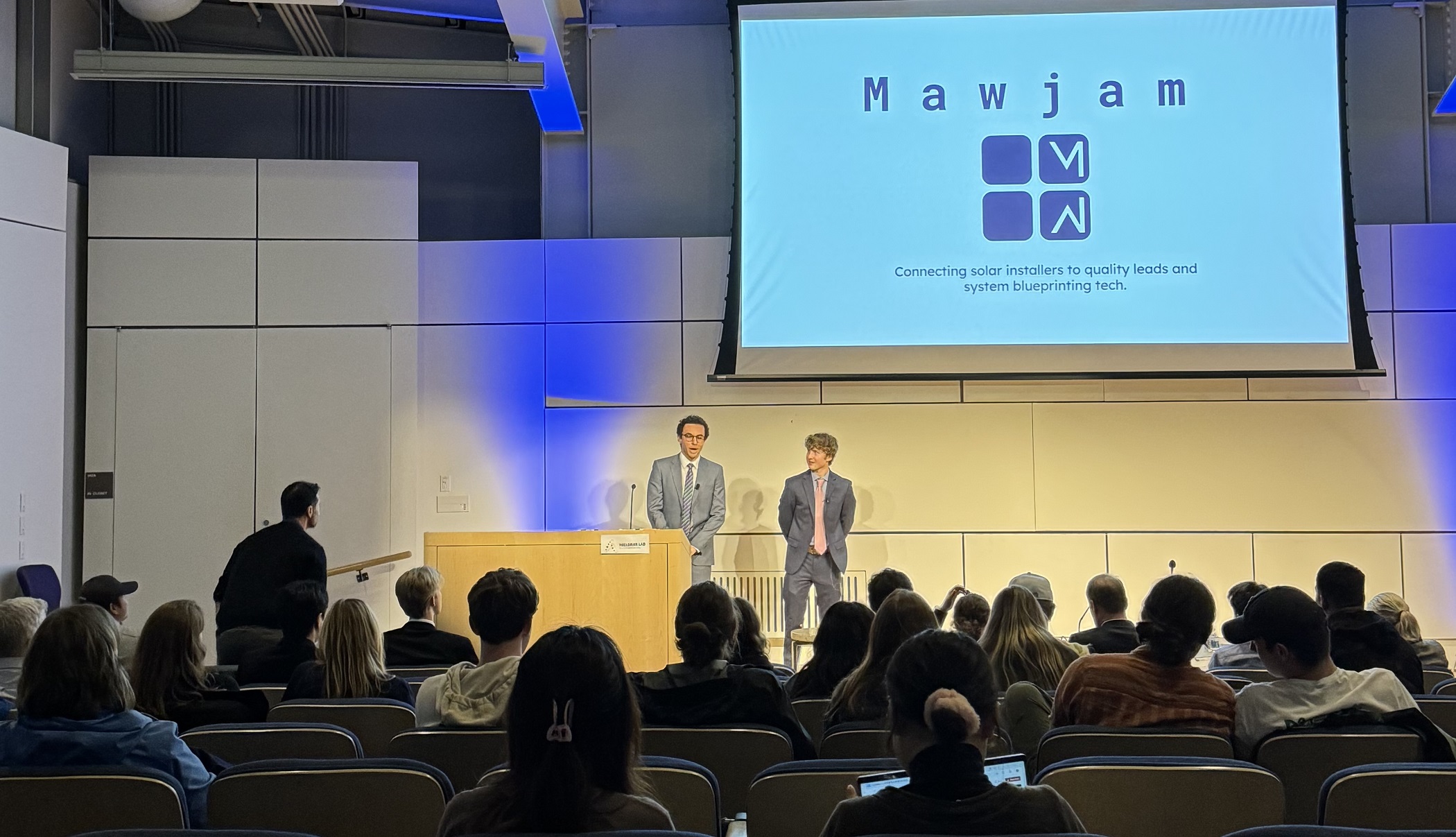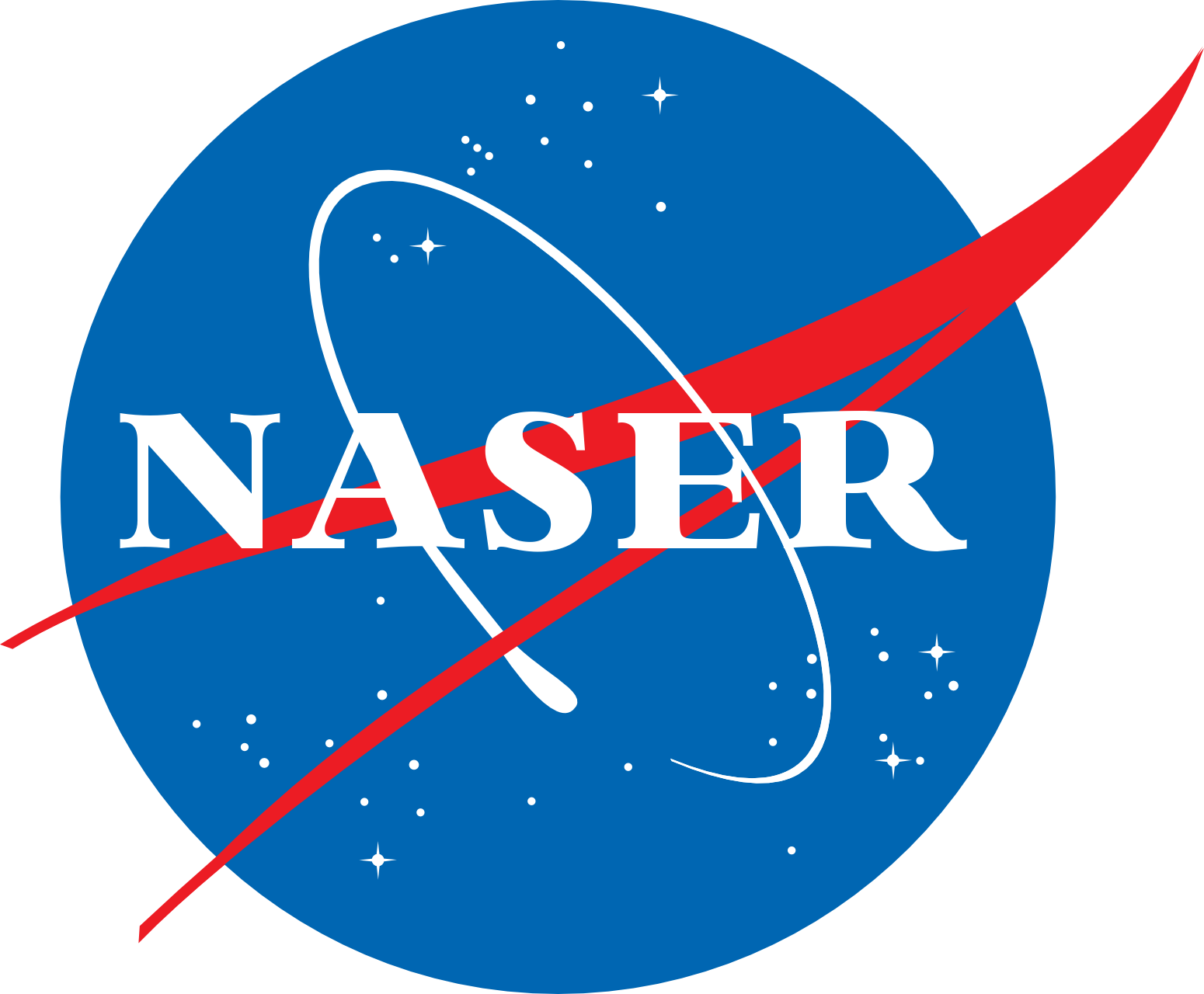Empowering Homeowners with Solar Solutions: Youssif Mostafa ‘26 and Mawjam
Written on May 24th, 2024 by Naser
Photo by Youssif Mostafa ‘26
This post is part of a spotlight series highlighting the work of exceptional students and alumni. The series aims to facilitate knowledge sharing on topics such as internships, jobs, entrepreneurship, and graduate school.
Today, I have the pleasure of talking to Youssif Mostafa ‘26 about Mawjam, an award winning entrepreneurial project that was started by Youssif Mostafa ‘26 and Wyatt Tune ‘26.
Naser: Can you give us a brief overview of your startup? And what inspired you to start this project?
Mawjam is primarily a platform that connects homeowners with solar installers and aims to bridge the information gap between them. In addition to the marketplace, we provide homeowners with data analysis to help them understand their unique solar needs and the benefits they can gain, such as tax rebates. For installers, we ensure they receive high-quality leads and provide them with data analysis to facilitate the installation process and increase efficiency. My partner at Mawjam, Wyatt Tune, and I were roommates during our freshman year, which allowed us to discover our shared interest in renewable energy. Personally, coming from Egypt, a very hot country, I have always thought about the potential energy that could be produced from solar power to help facilitate the world’s transition to clean energy. Wyatt’s family already has solar panels, so he experienced the installation process firsthand. He was not impressed by how much time it took his family to understand the installation process and its financial and legal implications, which motivated him to work on Mawjam.
Naser: What specific problem or opportunity did you identify that led to the creation of your startup?
There’s a huge information gap between homeowners and installers when it comes to solar energy. For example, there are a ton of federal tax incentives for installing solar that people don’t know about and don’t understand, which would make the solar installation process much more affordable than people think. However, as those incentives are constantly changing, it becomes more and more difficult for homeowners to understand how they can benefit, and they become less motivated to take action towards it.
Naser: Can you tell us about the technical tools/languages you used to build your startup?
Our plan for this summer is to fully develop our software. One of the resources we are using is the System Advisory Model developed by the National Renewable Energy Lab, in addition to multiple APIs that will assist us with the home data analysis process.
Naser: where can people find your project?
Our website, www.mawjam.com, current contains information about the project and our goals, but by the end of the summer we plan to have a full functioning website. Also, the name Mawjam might change by then.
Naser: How did your academic studies at Colby prepare you to take on this project? Are there specific courses that you found most helpful?
Colby’s liberal arts education gave me the experience needed to pursue an industry I was previously unfamiliar with, such as the solar energy industry. I believe that the Data Structures and Algorithms course (CS231) was extremely helpful, as it provided me with the necessary problem solving skills I will be using on this journey. Additionally, my Financial Accounting course (EC121) and Corporate Finance course (EC211) were also extremely beneficial, as these courses allowed me to approach the solar panel installation process from an investment point of view rather than just a technical one.
Naser: What tips would you give students interested in building an app or starting a business but not sure where to start? You can mention any details that you like, including websites and other resources.
I would say the number one tip I would give students in this process is to take advantage of the resources around you, especially at a place like Colby. The Halloran Lab of Entrepreneurship has provided Wyatt and me with unlimited connections, support, and resources that have made our journey much easier. Even if you only have an idea and don’t know where to start, go to the Halloran Lab and they will nudge you in the right direction. That’s what we did. We went there with an idea and nothing else, and they guided us through the process of how to get started and how to take advantage of our resources.


